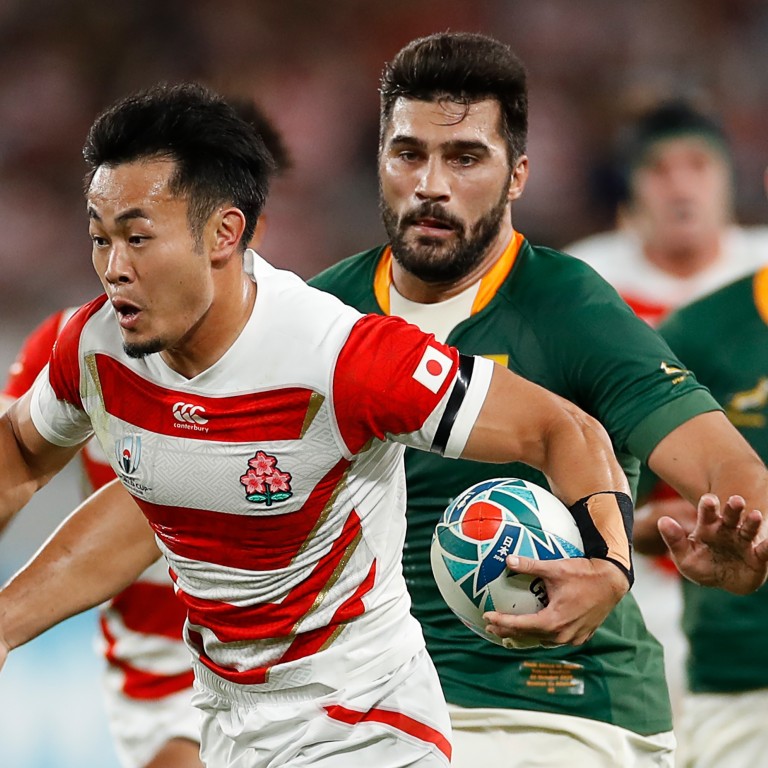
The origin of rugby, the word and the game, and how it took over the world
It all started in an English town, when, during a school football match, a pupil broke the rules and decided to run with the ball
As rugby aficionados would know, the name of the game derives from a place – Rugby, in Warwickshire, Britain. The town’s name originates in the Anglo Saxon Hrōca burh. The first element is either the man’s name Hroca or the Old English hroc (“rook”) while “burh” is Old English for “fortified settlement”. (This remains as -bury in place names such as Canterbury and also presages the word “borough”). In the 13th century, under the influence of Danish settlers, burh was replaced with the Old Norse “-by” (“village”).
The story goes that, during a football match at Rugby School in 1823, pupil William Webb Ellis broke the rules by catching the ball and running with it rather than throwing or kicking it, and so was born a new game. “Rugby football” caught on throughout the country, with the first rules written in 1845.
Then there’s “rugger” (usually referring to rugby union rather than rugby league), one of the many outcomes of the Oxford “-er”. Originating at Oxford University in 1875, the practice – widely associated with upper-class British speech – of making jocular formations on nouns, by clipping a word and adding the suffix “-er”, is still prevalent. For instance, “soccer” for association football (1885, from “assoc-”) and “rugger” for rugby football (1889).

From Rugby to the world. Borrowed into various languages, it name remains essentially the same, though its pronunciation is adapted to the sound system of the borrowing language. In French, for example, the initial consonant is that typical French “r” sound of a trill or friction produced with the back of the tongue raised close to the uvula, followed by a vowel “ee” with rounded lips, rather than the English “uh”.
Japanese, on the other hand, restructures the word to fit with the mora structure, which has a basic consonant-vowel structure and does not allow syllable-final consonants (with very few exceptions). The first syllable “rug” is thus resegmented, with a vowel inserted after the “g” sound – thus “ra-gu-bi”.

